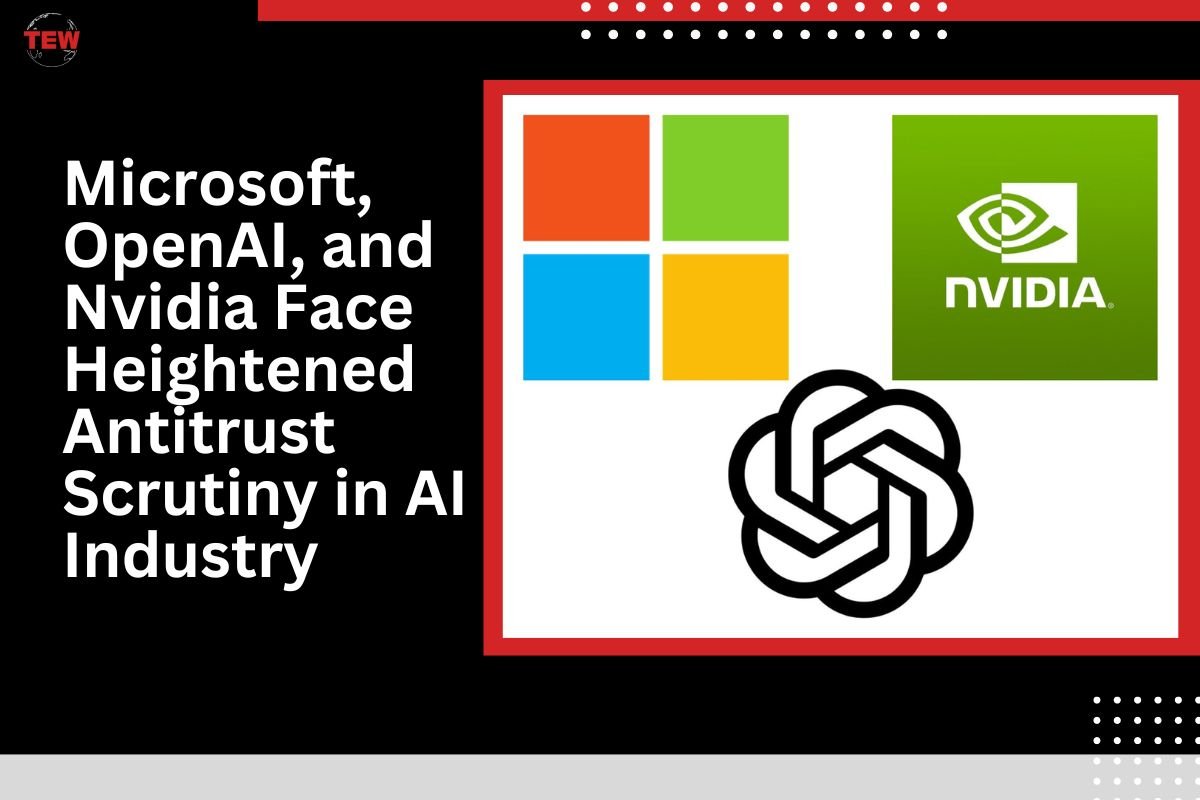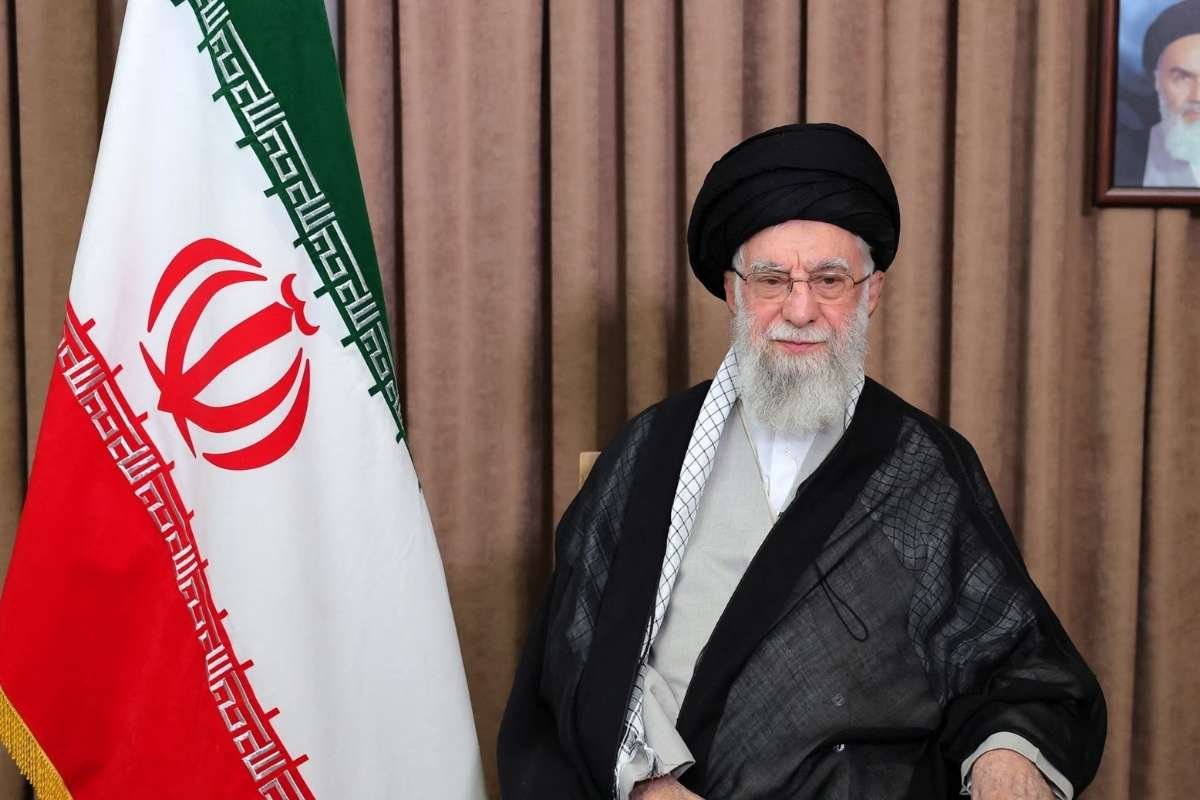(Source – Board Stewardship)
Microsoft, OpenAI, and Nvidia are set to undergo increased antitrust scrutiny as U.S. regulators reportedly prepare to investigate their roles in the burgeoning artificial intelligence (AI) industry. The U.S. Department of Justice (DoJ) and the Federal Trade Commission (FTC) have reportedly reached an agreement to probe these major players, according to a report by The New York Times. The agreement is expected to be finalized in the coming days.
The DoJ will focus on Nvidia, the leading manufacturer of chips that power AI systems, to determine if the company has violated antitrust laws designed to ensure fair competition and prevent monopolistic practices. Meanwhile, the FTC will investigate OpenAI, the developer of the ChatGPT chatbot, and Microsoft, OpenAI’s largest investor and a significant financial supporter of other AI ventures.
Additionally, The Wall Street Journal reported that the FTC is examining whether Microsoft structured a recent deal with startup Inflection AI to evade an antitrust scrutiny review. In March, Microsoft hired Inflection’s CEO and co-founder, UK entrepreneur Mustafa Suleyman, to lead a new AI division and agreed to pay $650 million to license Inflection’s AI software.
Broader Regulatory Concerns in the AI Sector
The FTC has already signaled its intent to closely monitor the AI market. In January, it ordered OpenAI, Microsoft, Alphabet (the parent company of Google), Amazon, and startup Anthropic to provide details on recent investments and partnerships involving generative AI companies and cloud service providers. This move indicates a broader regulatory interest in understanding how these companies are shaping the AI landscape.
Last year, the FTC also launched an investigation into OpenAI over allegations that it had violated consumer protection laws by compromising personal reputations and data. This investigation underscores the regulatory body’s concern over the potential risks associated with AI technologies.
Jonathan Kanter, head of the DoJ’s antitrust division, emphasized the urgency of examining the AI sector. In an interview with the Financial Times, Kanter stated that regulators must act swiftly to prevent dominant tech companies from controlling the market. He highlighted the need to scrutinize “monopoly choke points and the competitive landscape” within the technology sector to ensure a fair and competitive market environment.
Implications for the AI Industry
These investigations come at a time when Nvidia’s market valuation reached $3 trillion for the first time, surpassing even Apple. This milestone underscores Nvidia’s dominant position in the AI hardware market, which, along with the scrutiny of Microsoft and OpenAI, reflects growing concerns about the concentration of power within the AI industry.
As AI continues to evolve and become integral to various sectors, the actions of regulators will play a crucial role in shaping the industry’s future. Ensuring fair competition and preventing monopolistic control will be essential to fostering innovation and protecting consumers.
The upcoming investigations by the DoJ and FTC are likely to have significant implications for Microsoft, OpenAI, and Nvidia, as well as the broader AI industry. The outcomes of these probes will determine whether these tech giants will face regulatory actions and how the competitive dynamics of the AI market will evolve in the coming years.
In summary, the increased antitrust scrutiny of Microsoft, OpenAI, and Nvidia highlights the regulatory challenges and competitive concerns within the rapidly growing AI industry. The actions of U.S. regulators will be crucial in ensuring a balanced and fair market, preventing monopolistic practices, and fostering a healthy environment for innovation and consumer protection.






